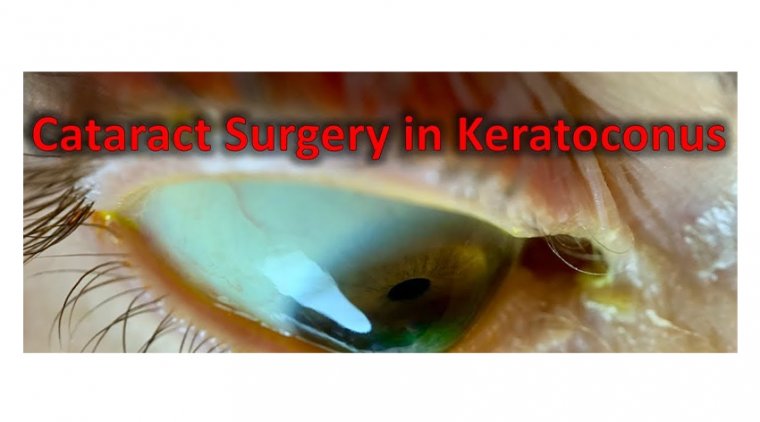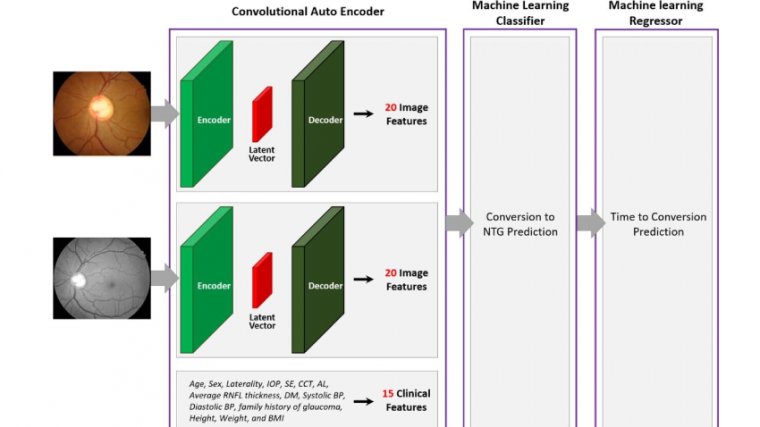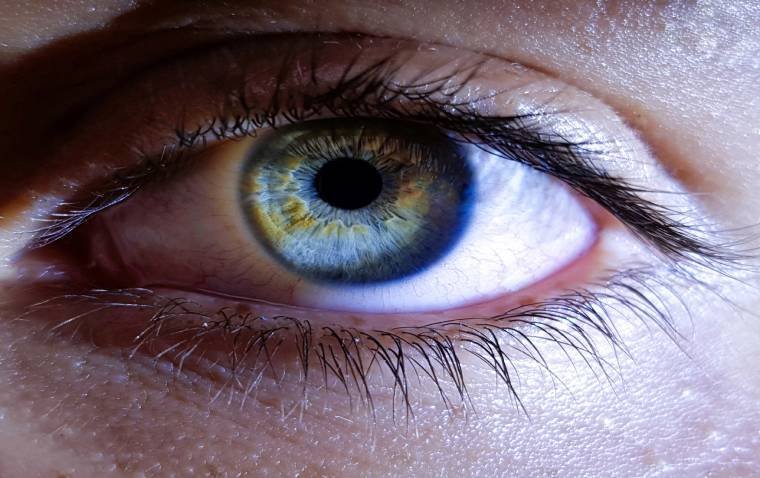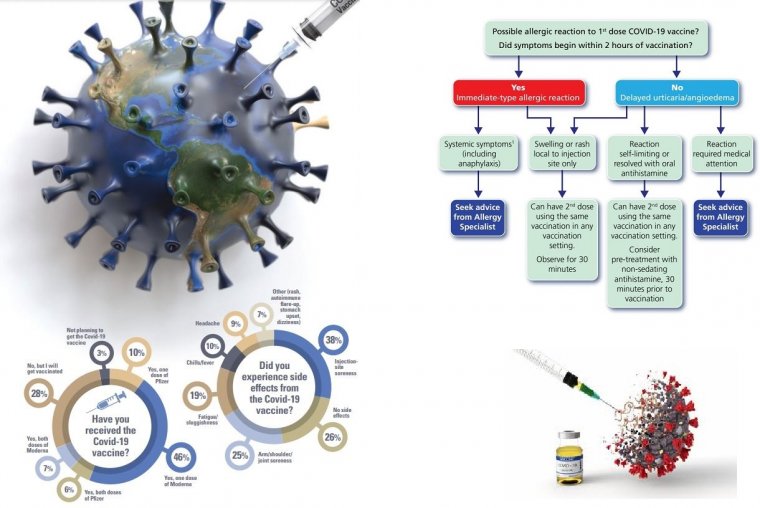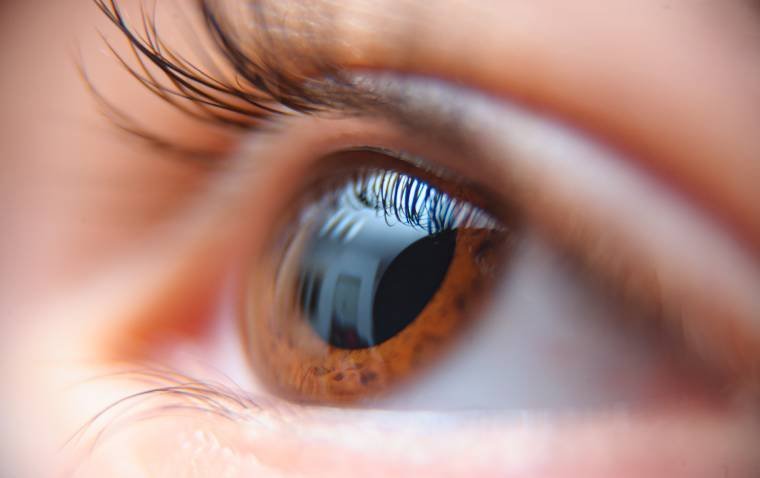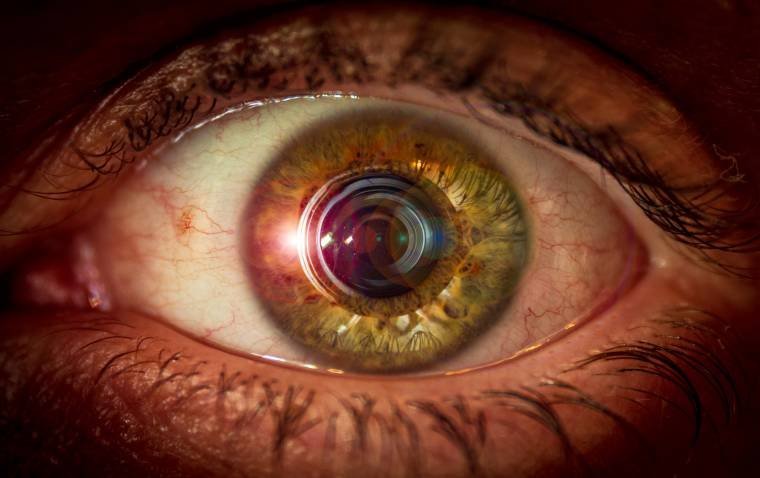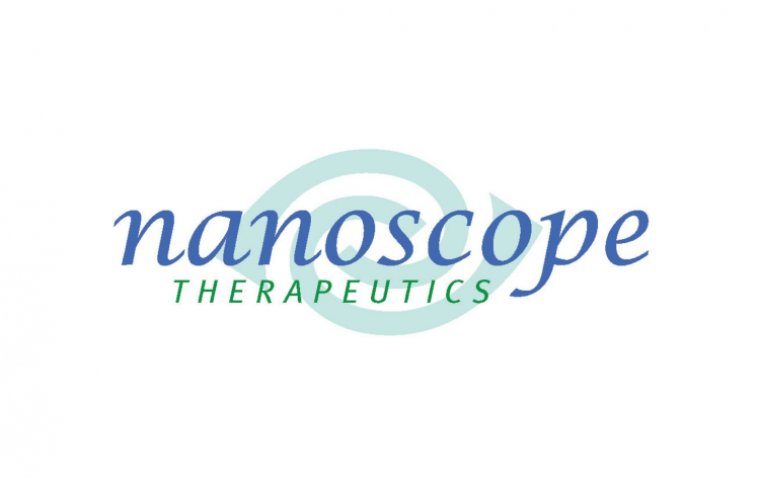
Nanoscope Announces Positive Results in RP Treatment with MCO-010 Gene Therapy
Nanoscope Therapeutics announced positive topline results from the phase 2b RESTORE trial, evaluating MCO-010, a novel gene therapy aimed at treating severe vision loss caused by advanced retinitis pigmentosa (RP), irrespective of the genetic mutation causing the disease.
RESTORE Trial Achievements
The RESTORE trial, which is the only randomized controlled trial in retinal degenerative disease to show significant improvement, met its primary endpoint. At week 52, both the high-dose (0.337 LogMAR; P=0.021) and low-dose (0.382 LogMAR; P=0.029) treatment groups demonstrated a statistically significant enhancement in best-corrected visual acuity (BCVA) compared to the sham control group (0.050 LogMAR). This improvement exceeded the clinically important BCVA > 0.3 LogMAR threshold, a notable achievement according to the company.
Long-Term Efficacy and Safety
Furthermore, the benefits of MCO-010 were not only immediate but also long-lasting. At week 76, a key secondary endpoint, the high-dose treatment group showed significant BCVA improvement compared to the control group (0.539 LogMAR; P=0.001), affirming the durability of the therapy's effect after a single intravitreal injection. Although the improvement in the low-dose group at week 76 did not reach statistical significance (0.374 LogMAR; P=0.065), these outcomes are in line with previous phase 1/2a studies, with the high-dose intended for commercial use.
An additional secondary endpoint demonstrated an 89% response rate in both treatment groups at week 52 in a composite functional endpoint, reinforcing the therapy's effectiveness. These findings will be detailed further at upcoming scientific meetings, starting with a presentation by Allen Ho, MD, at the Association for Research in Vision and Ophthalmology meeting in May 2024.
MCO-010's safety profile is equally impressive, with no serious or severe adverse events related to the treatment reported. The therapy's most common side effects were mild or moderate and primarily involved the anterior chamber of the eye.
David Boyer, MD, an investigator in the trial, highlighted the significant vision restoration observed in patients, including those who were completely blind, emphasizing the potential of MCO-010 to profoundly impact patients' lives if approved.
Future Steps and Global Impact
With these promising results, Nanoscope plans to submit a Biologics License Application (BLA) to the FDA in the latter half of 2024, aiming to bring this innovative treatment to patients globally. Sulagna Bhattacharya, CEO and co-founder of Nanoscope, expressed gratitude towards the trial participants and contributors, and underscored the broader potential of the company's MCO platform in treating other retinal diseases like Stargardt disease and age-related macular degeneration (AMD).
About Retinitis Pigmentosa
Retinitis Pigmentosa (RP) is a group of genetic disorders that affect the retina's ability to respond to light, causing a progressive loss of vision over time. This condition is characterized by the degeneration of photoreceptor cells, particularly the rods that are responsible for peripheral and night vision, leading to initial symptoms such as difficulty seeing in low light and loss of peripheral vision. As the condition progresses, it can affect cone cells, which are vital for color vision and central vision, potentially leading to legal blindness.
The onset and severity of RP can vary widely among individuals, even within the same family, due to its genetic diversity. Currently, there is no cure for RP, making research into treatments, such as gene therapy, crucial for improving the quality of life for those affected by this debilitating condition.
(1).jpg)
